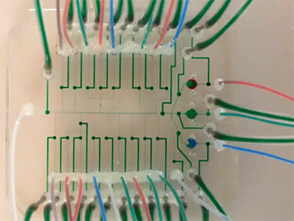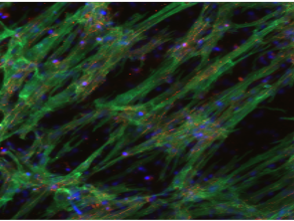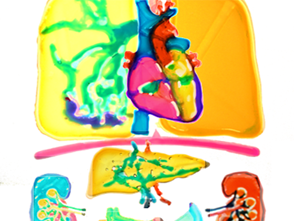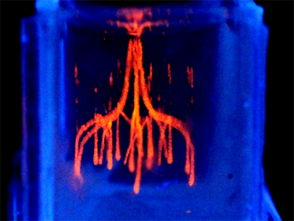Despite significant advances in medicine and biology, the lack of precisely defined in vitro systems has hindered our ability to understand cell function and to regulate its behavior for tissue engineering. In addition, our inability to miniaturize experiments and to perform high-throughput cell-based experiments has limited our ability to define optimized culture conditions. Therefore, it is important to control cell microenvironment in a manner that is tightly controlled, reproducible and scalable. Using innovative approaches at the interface of biology, engineering, medicine and materials science, we aim to address this challenge. Our goal is to develop micro- and nanoengineering approaches for controlling cell microenvironment and to use these techniques to regulate stem cell fate decisions. To control cell microenvironment we develop novel micro- and nanoscale technologies to regulate cell-cell contact (using patterned co-cultures), cell-ECM interactions (using novel biomaterials), cell-soluble factor components (using microfluidics) and cell shape (using micropatterning) . In addition, we have developed microfluidic and microarray methods to perform high-throughput experiments, in order to facilitate systematic testing of various environmental conditions on cell fate. Equipped with these tools we study various aspects of stem cell self-renewal and differentiation and develop microreactors that facilitate directed differentiation of stem cells to therapeutic cells.




